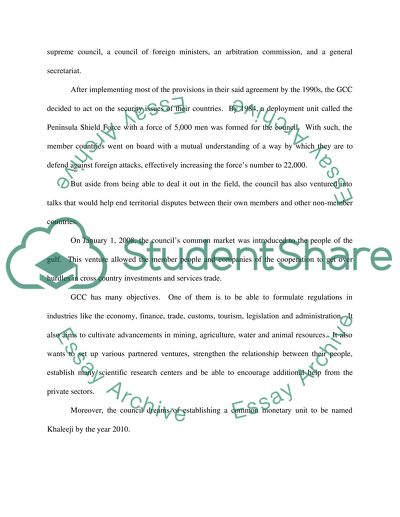Cite this document
(“The Viability, Practicability, and Effects of a Currency/Monetary Essay”, n.d.)
Retrieved from https://studentshare.org/miscellaneous/1525417-the-viability-practicability-and-effects-of-a-currencymonetary-union-for-the-gulf-cooperation-council
Retrieved from https://studentshare.org/miscellaneous/1525417-the-viability-practicability-and-effects-of-a-currencymonetary-union-for-the-gulf-cooperation-council
(The Viability, Practicability, and Effects of a Currency/Monetary Essay)
https://studentshare.org/miscellaneous/1525417-the-viability-practicability-and-effects-of-a-currencymonetary-union-for-the-gulf-cooperation-council.
https://studentshare.org/miscellaneous/1525417-the-viability-practicability-and-effects-of-a-currencymonetary-union-for-the-gulf-cooperation-council.
“The Viability, Practicability, and Effects of a Currency/Monetary Essay”, n.d. https://studentshare.org/miscellaneous/1525417-the-viability-practicability-and-effects-of-a-currencymonetary-union-for-the-gulf-cooperation-council.


